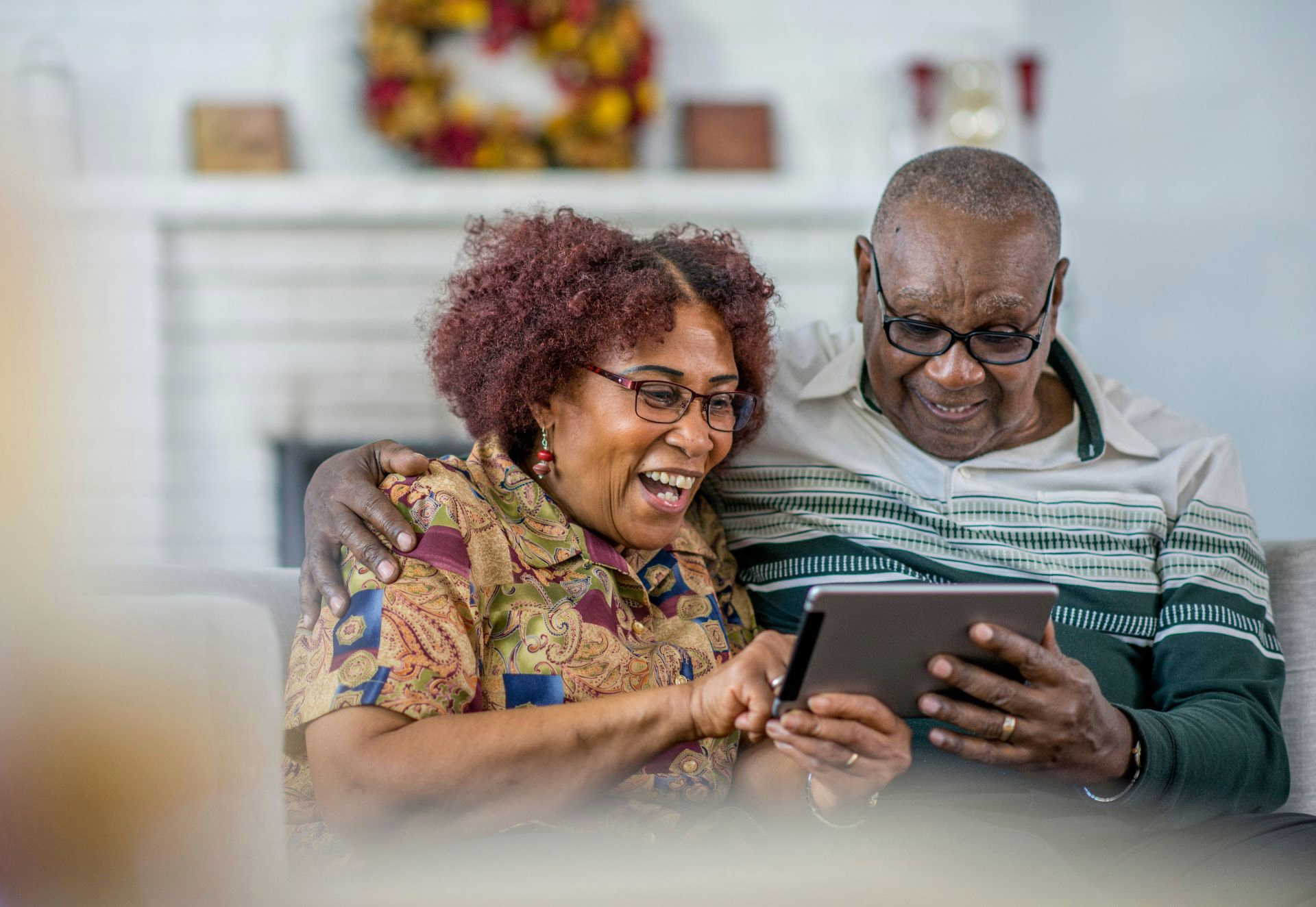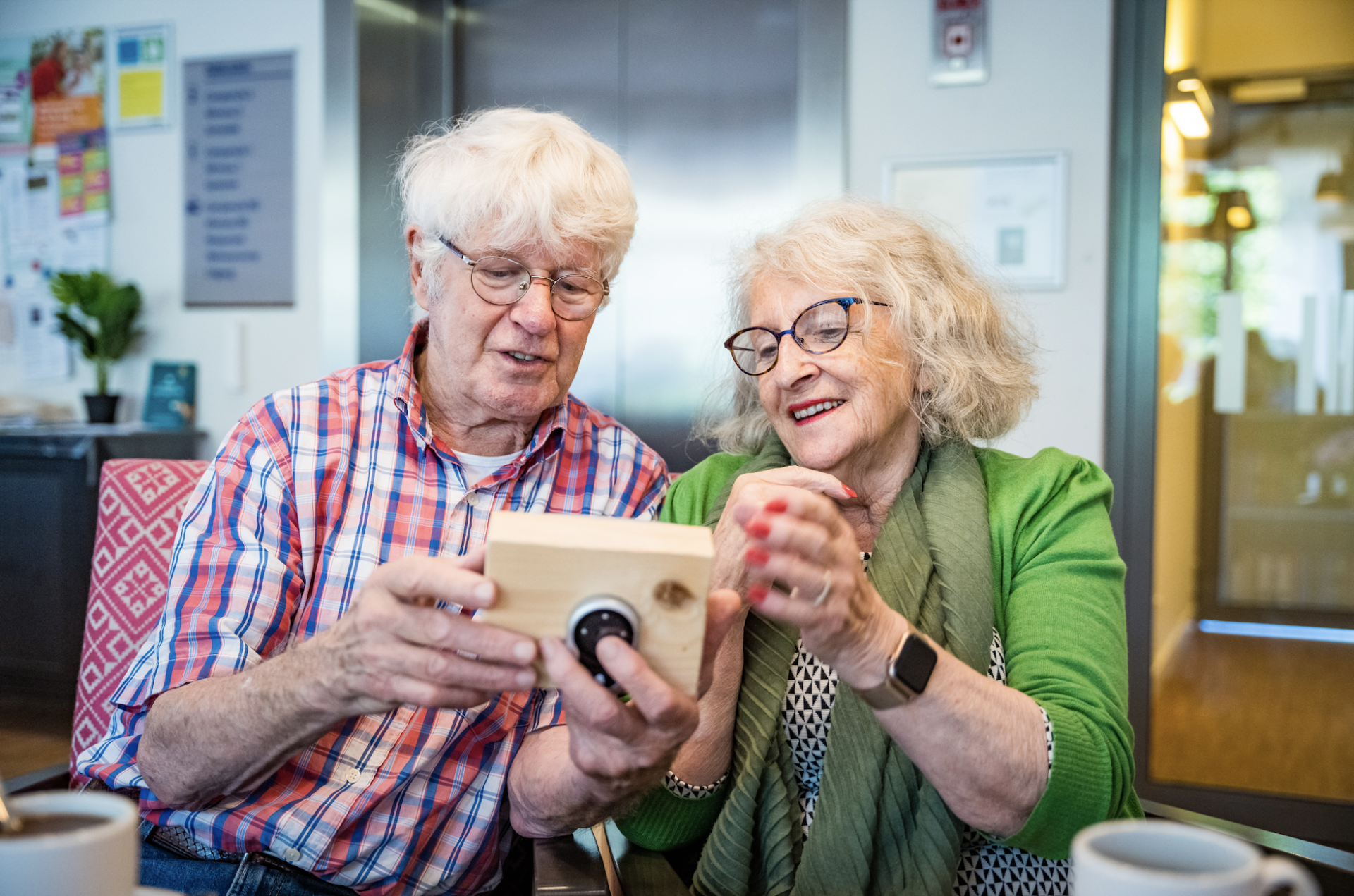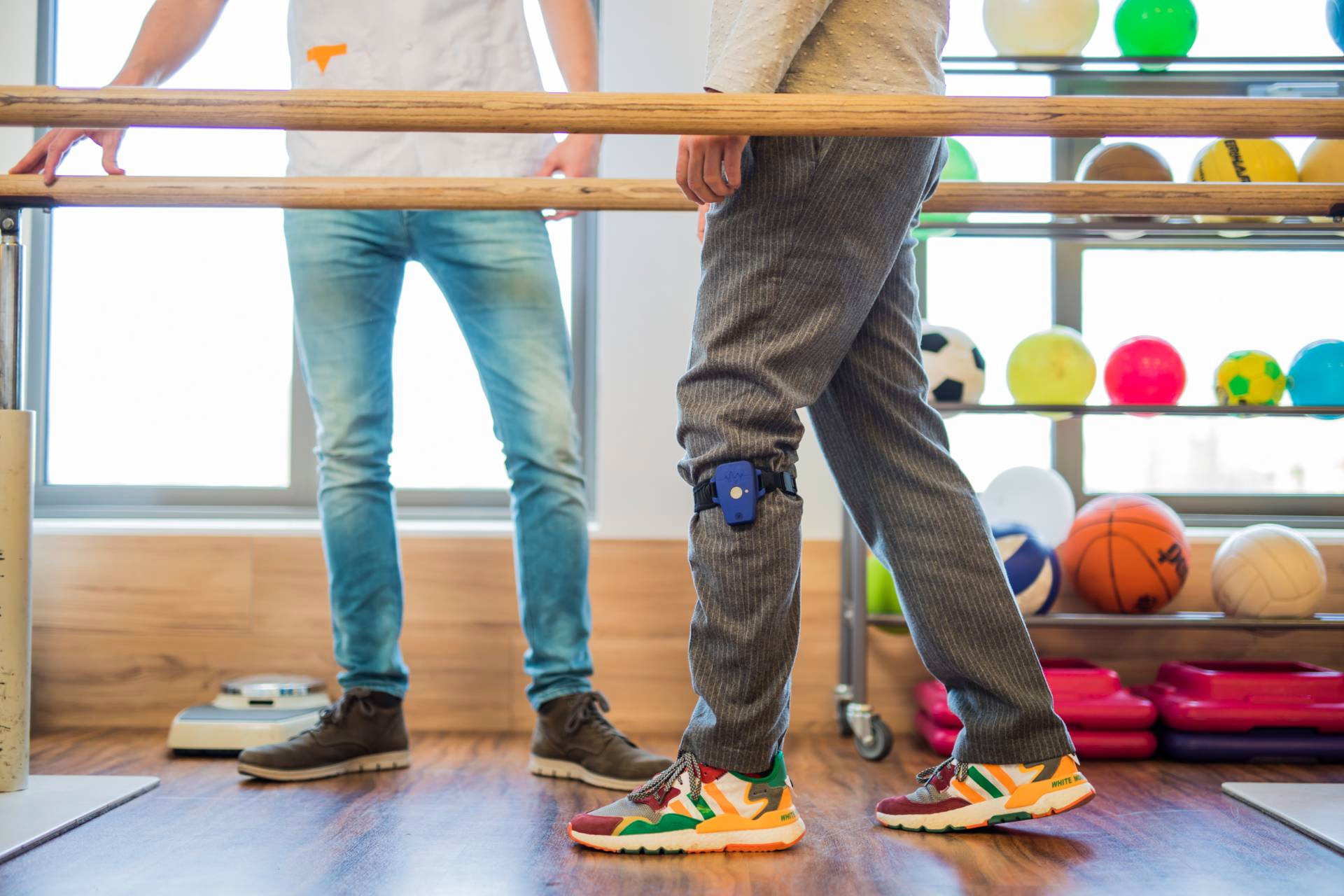Living at home independently, even if you need help
If you are getting older, less mobile or find it hard to remember appointments, it is good to feel safe when you live at home. Even if you need help. These days this can be done using smart assistive technology. These tools can also make carers’ work easier. We can help professional care providers and people who look after family members, acquaintances or friends.
A strong network for innovative healthcare entrepreneurs
The Hague is the city of care and innovation. We offer a strong ecosystem and attractive locations for businesses in healthcare innovation for people at home. We also work with care providers and knowledge and academic institutions. Together we work on keeping healthcare future-proof.



